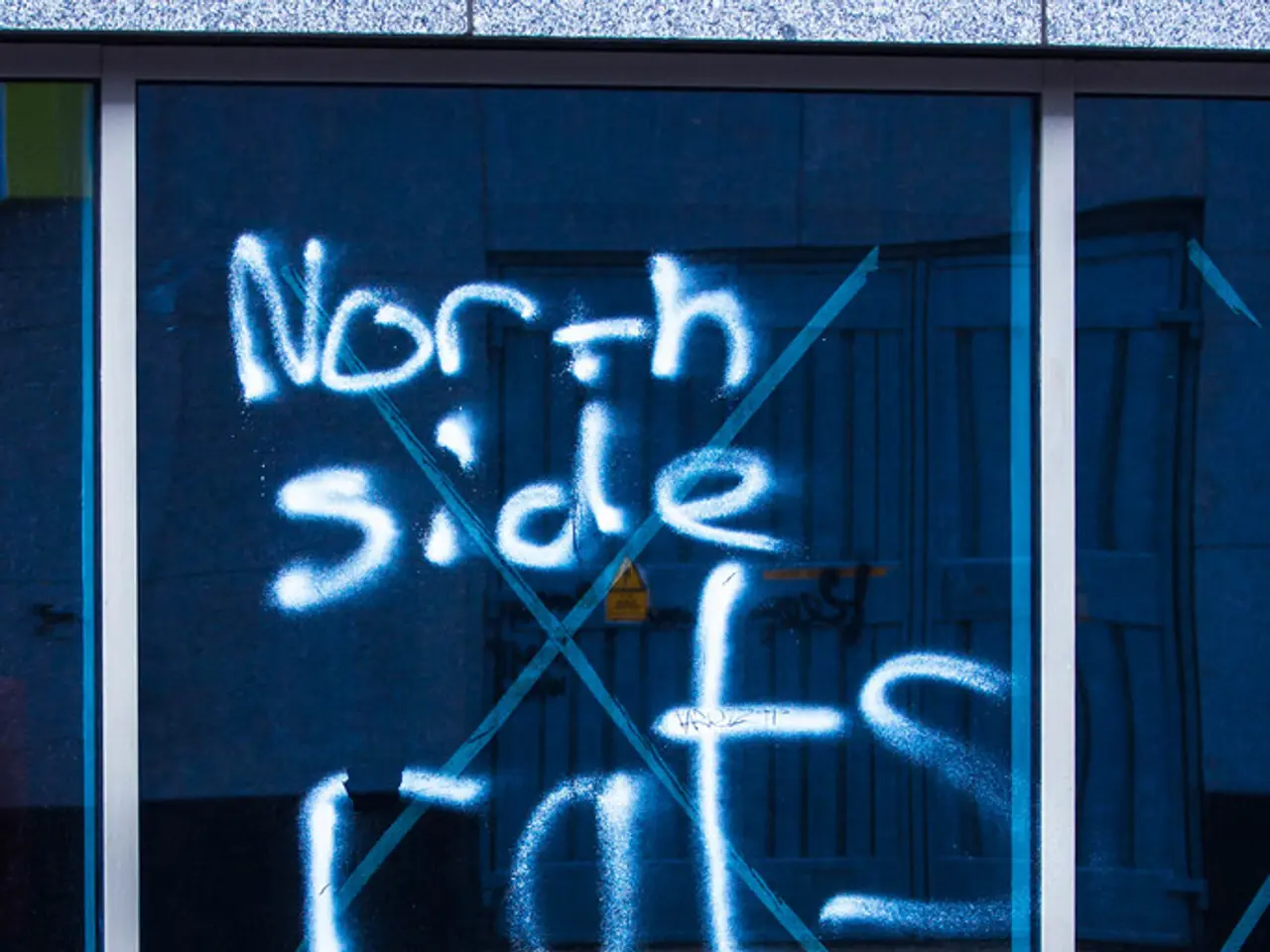Border Control: Routine Checks Enforced on Both Poland-Facing Sides
In a move aimed at enhancing national security and managing migrant flows more effectively, Poland has reinstated border checks with Germany and Lithuania. This decision, announced by Polish Prime Minister Donald Tusk in early July, comes in response to concerns over illegal migration and criticisms of Germany's actions at the border.
The controls, which commenced on July 7, 2025, are being implemented at 65 border crossings with both countries. The Polish border guard has initiated these checks, targeting those involved in the illegal smuggling of migrants, as stated by Poland's Interior Minister Tomasz Siemoniak.
The reintroduction of controls follows provisions outlined in the Schengen Area rules, which allow for temporary border controls in exceptional circumstances such as serious threats to public order or security. Germany has been conducting random checks at the border with Poland since October 2023 to stop irregular migration. Travelers crossing the border are required to present an ID card or passport.
The current situation is a response to Germany's pushing of thousands of migrants back to Poland, claiming they crossed into Germany illegally. Poland views this as a common problem shared by itself, Lithuania, and the EU, namely the fight against illegal migration. Lithuania's more lenient migration policy is also seen as hindering Poland's border control efforts, especially with undocumented migrants attempting entry from Lithuania.
Poland is seeking a symmetrical approach with Germany, which has long imposed controls on its borders with Poland due to illegal migration. Uniformed officers are allowing vehicles with Polish license plates to pass through, but cars with German license plates are briefly stopped at the border.
However, the controls are not without controversy. Representatives of German economic associations in the border region have warned about the negative consequences of border controls for goods and commuter traffic before their start. The center-left government in Warsaw has initiated border controls in response to Germany's border controls.
An Estonian citizen was arrested at one of the Lithuanian border crossings for allegedly attempting to enter the country irregularly with four individuals in his car. Oliver, a commuter who drives from Eberswalde to Schwedt once a week for work and then goes to Poland to tank, finds the controls acceptable for security purposes. He mentions that it can be difficult if the border guards do not speak German, but as long as only the papers are controlled and not the trunk, it's okay, according to him.
Federal Interior Minister Alexander Dobrindt (CSU) ordered more intensive border controls and the ability to reject asylum seekers at the border in May. Dobrindt has offered joint controls on the German side of the common border with Poland, but this offer has not been accepted yet. The controls are scheduled to last until August 5.
Travelers crossing the Poland-Germany border are now required to present valid identification, as the Polish border guard has increased checks to combat illegal smuggling of migrants, following Germany's own border controls. Oliver, a commuter from Eberswalde to Schwedt, accepts the controls for security purposes despite potential language barriers and intrusive searches.




